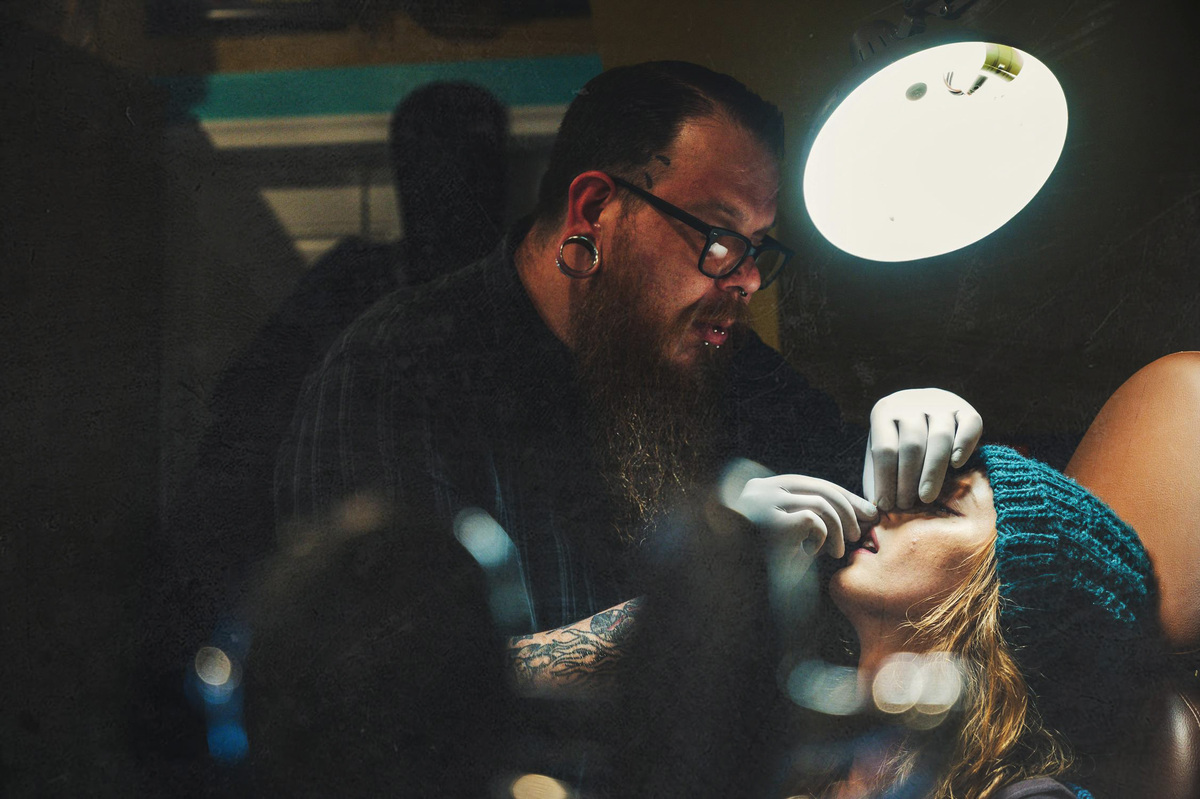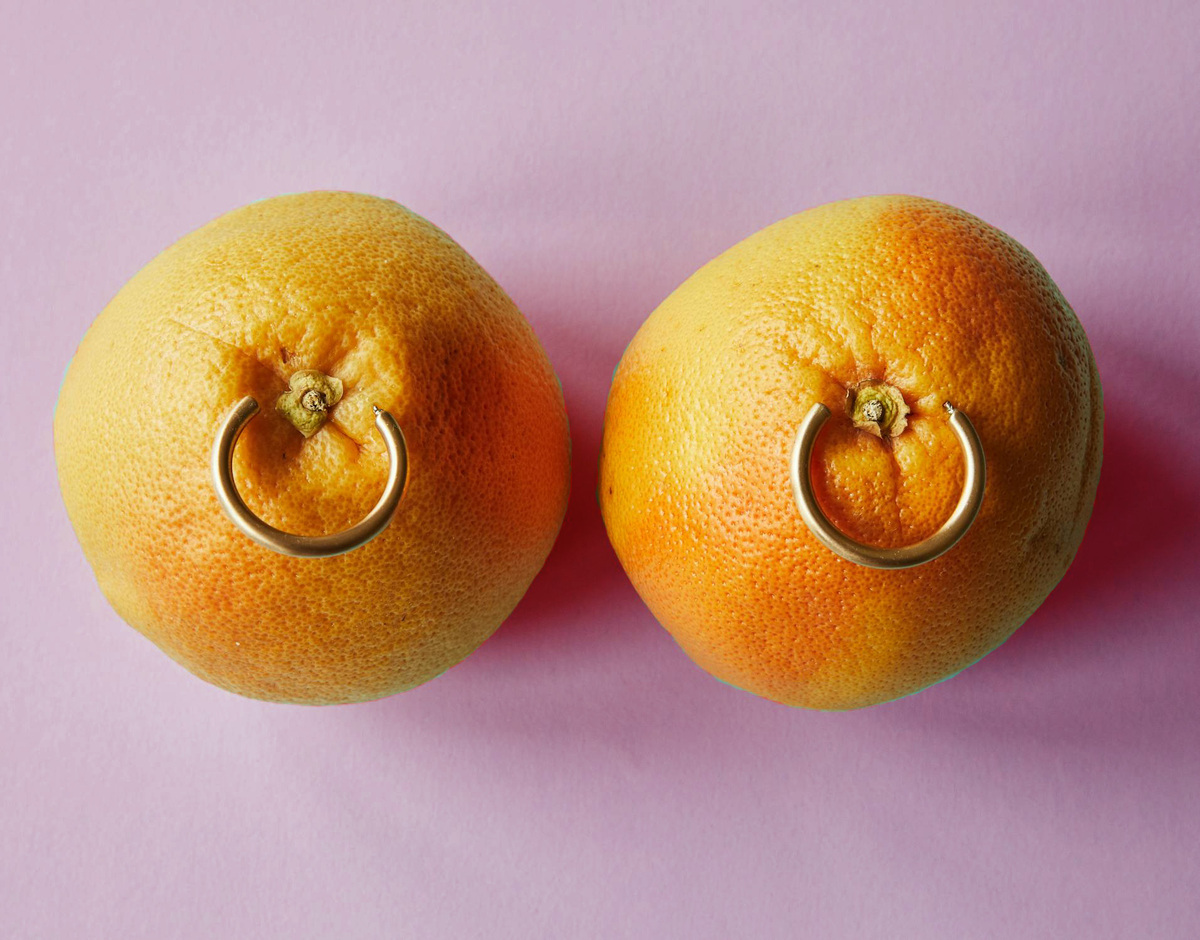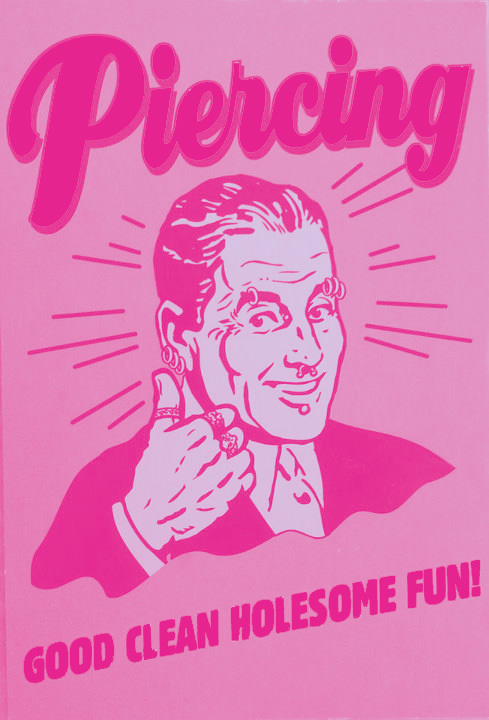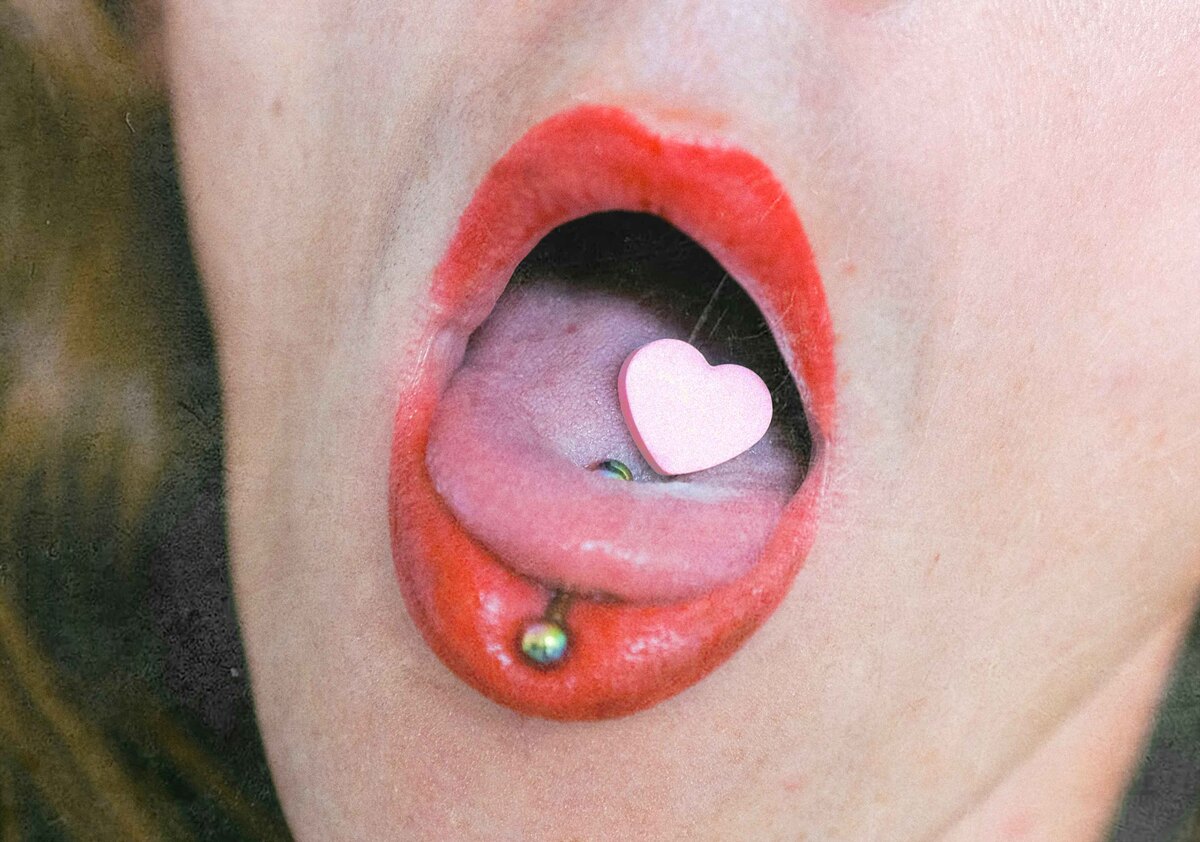
How To Take Care Of Your Piercings And Prepare For A New One
The ultimate guide to piercing preparation and aftercare.
Getting a new piercing is an exciting way to express yourself, but it also requires proper care to ensure healing and prevent infections. Whether planning your first piercing or adding to your collection, following the right steps before and after the procedure can make a big difference. Here’s what you need to know about prepping for a new piercing and taking care of it afterwards.
Prepping for a New Piercing
Before heading to the piercing studio, preparing both physically and mentally is important. Here’s how:
1. Choose a Professional Piercer

Always go to a reputable piercing studio with trained professionals.
- Check for licenses, certifications, and customer reviews.
- Ensure they use sterilized, single-use needles instead of piercing guns (except for lobes).
2. Pick the Right Jewelry

- Choose high-quality materials like titanium, surgical steel, niobium, or solid gold to minimize the risk of allergic reactions.
- Avoid nickel-based jewelry, which is a common allergen.
- Opt for a jewelry style that allows for swelling (e.g., longer studs or rings).
3. Get Your Body Ready
- Stay hydrated and eat a meal before your appointment to avoid dizziness or fainting.
- Avoid alcohol and caffeine for at least 24 hours before your piercing, as they can thin your blood and cause excessive bleeding.
- Get a good night’s sleep to ensure your body is in the best condition to heal.
4. Ask About Aftercare
- A good piercer will explain aftercare instructions—don’t hesitate to ask questions.
- Make sure they provide written guidelines so you can refer back to them.
Taking Care of Your New Piercing

Once you have your new piercing, proper aftercare is crucial to ensure healing and prevent complications like infections or rejection.
1. Clean It Properly
- Use Saline Solution: Clean your piercing 2-3 times a day with a sterile saline solution (available at pharmacies or made with non-iodized sea salt and distilled water).
- Avoid Harsh Products: Do not use alcohol, hydrogen peroxide, or antibacterial ointments, as they can irritate the piercing and slow healing.
2. Keep Your Hands Off
- Always wash your hands before touching your piercing.
- Avoid twisting, turning, or playing with the jewelry—it can irritate and prolong healing.
3. Watch for Signs of Infection
- Some redness, swelling, and mild discomfort are normal for the first few days.
- However, if you notice excessive swelling, yellow or green pus, extreme pain, or fever, contact a professional or a doctor.
4. Be Mindful of Your Activities
- Avoid swimming in pools, lakes, or the ocean for at least a few weeks to prevent exposure to bacteria.
- Be careful when changing clothes, sleeping, or brushing your hair to avoid snagging the jewelry.
5. Stick to Your Healing Timeline

Different piercings take different amounts of time to heal.
- Earlobe: 6-8 weeks
- Cartilage: 4-12 months
- Nostril: 4-6 months
- Navel: 6-12 months
- Lip/Tongue: 4-8 weeks
Do not change your jewelry before your piercing is fully healed.

Taking care of a piercing requires patience, but with proper preparation and aftercare, your new piercing will heal beautifully. Always follow the advice of your piercer, listen to your body, and prioritize hygiene. If you experience any issues, don’t hesitate to seek professional guidance. Happy piercing!











